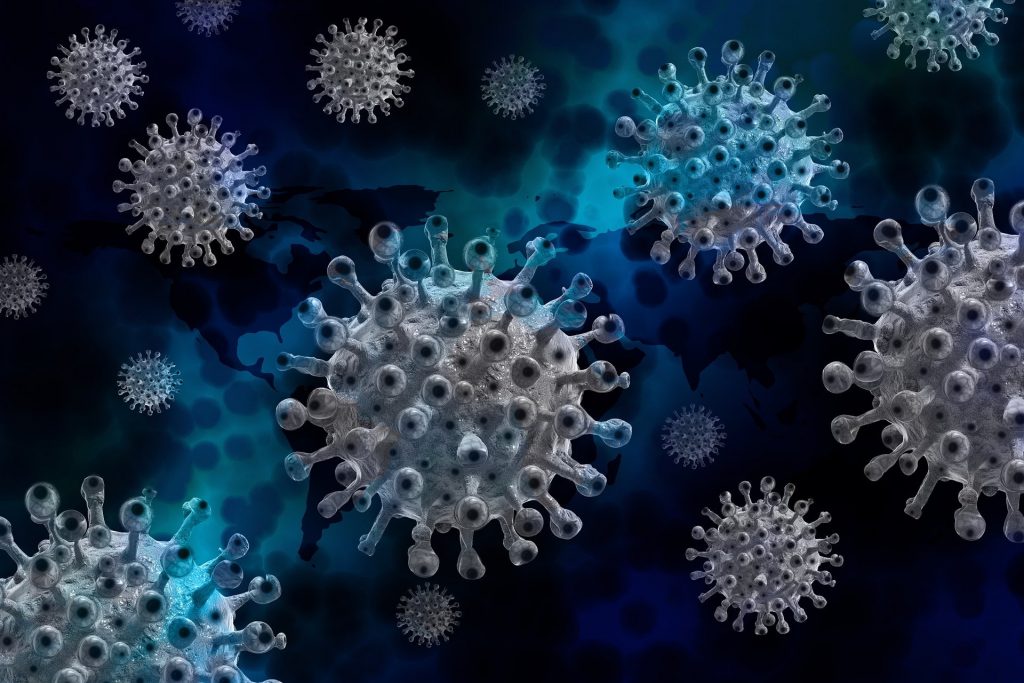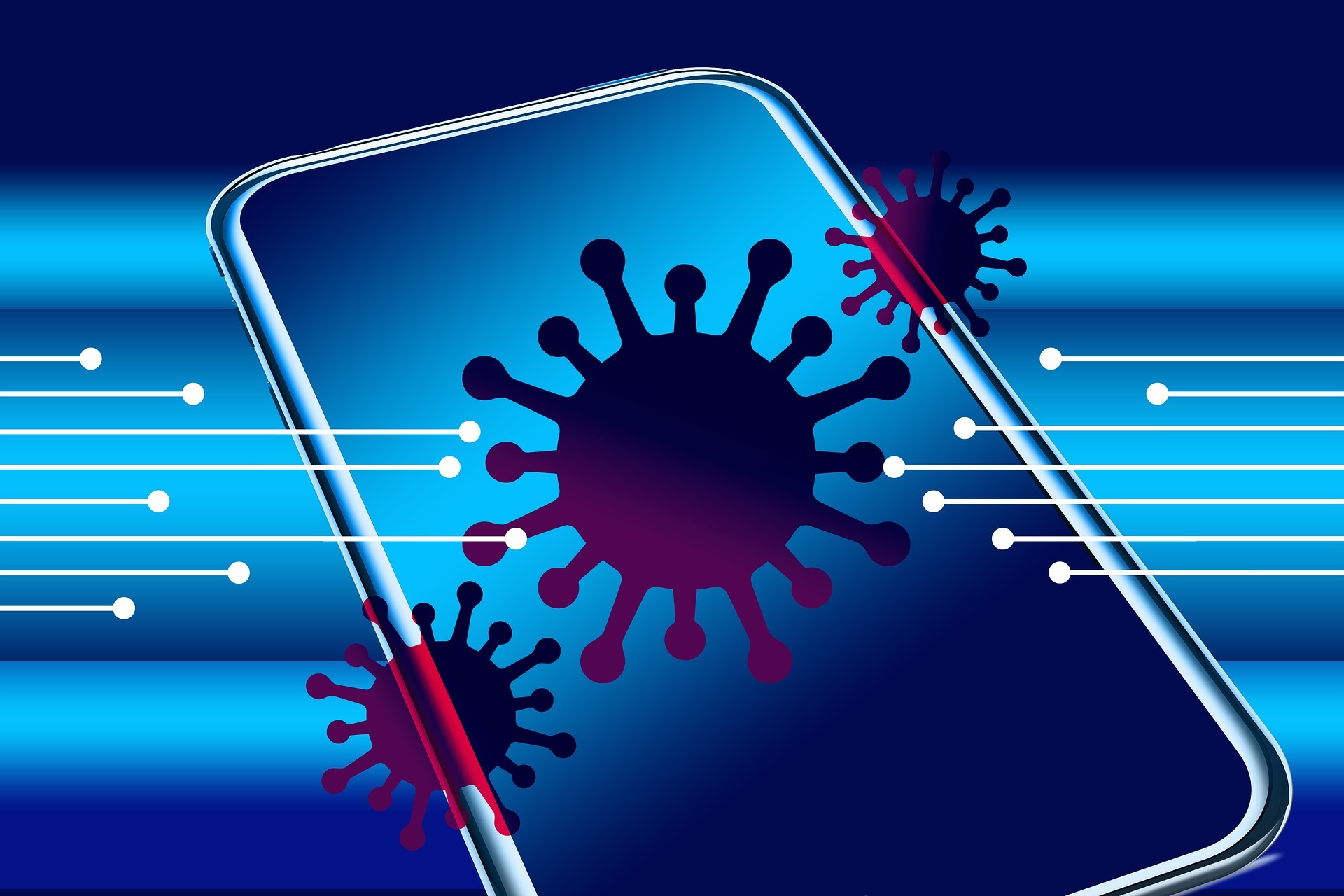Briefing
The global coronavirus pandemic has become far more than an international public health issue. The effect of Covid-19 on economic life, employment, politics, social interaction and the environment is wide-ranging and evolving. Work and travel have become the testing ground for countries and communities to prove their resilience and ability to bounce back. Vaccine passports and vaccine certificates allow vaccinated people to gain re-entry to the workplace, social spaces and travel. These certificates can appear as software applications, paper certificates, official stamps, Barcodes, Quick Response (QR) Codes and verifiable tokens. Technology has led the way in providing vaccine confirmation solutions and the data collected and stored are seen as crucial to effectiveness and an evidence-based approach. The use of vaccine passports for employment and travel raises complex issues and require full consideration of the law, public policy, public health, political priorities, human rights, economic considerations and social norms. These considerations directly impact trust, effectiveness and safety.
Focussing on the Key Data Protection Principles
The EU’s General Data Protection Regulation (GDPR) is a useful tool to analyse and balance the competing priorities of vaccine passports and certificates. As a legal and policy framework, the GDPR does not provide all the answers. A focus on Article 5 of the GDPR, however, can be used to identify the most important issues, agree priority outcomes, highlight information governance gaps, introduce ethical data use ideas and apply a risk-based approach to data collection and use.
Much of the information in Covid-19 data systems and vaccine passport databases will be special categories of personal data, such as information about physical and mental health, sexual life, sexual orientation, race or ethnic origin, religious or philosophical beliefs, genetic data and biometric data. These systems carry out high risk data processing, which is further complicated by also using other data such as geolocation data, financial information, name, address, date of birth, workplace address and details about family members.
For Limited Purposes
An important GDPR principle is that personal data should be collected for identifiable and limited purposes. Purposes should be clearly identified at start of data collection and follow through the life cycle of the project. Data collected for vaccine passports and Covid-19 status certificates can be attractive for a range of secondary uses, which may arise in the future. However, those collecting personal data should be cautious in sharing the information with parties that are not identified at the start of the data collection or are not compatible with the stated purposes. Vaccine passports and certificates give and confirm information about moments in time. Using this information for other purposes, in the future, could offer limited benefits when compared to the risks.
Lawful, Fair and Transparent
The use of personal data should be lawful, fair and transparent. The data processing involved in vaccine passports should be clearly understood by users and those who can be identified from the personal data collected. This simple principle can be neglected if the data project is rushed, the data use remains partially undefined, the system is a black box artificial intelligence system, machine learning is used without clear limits and ownership of the data system is divided among many parties with competing or vastly different interests. These concepts are key to a data protection by design approach. Fairness is also about the necessity and proportionality of the data collection and use, as well as whether these meet the legitimate expectations of the individuals involved.
Accuracy
Personal data used should be accurate and kept up to date. Personal data should also be as accurate as possible at collection and high levels of data quality maintained. Covid-19 vaccines varying in both efficacy and effectiveness. Covid-19 status certificates, lateral-flow tests and other testing also vary in data quality. The accuracy question is about what the data says, when the data are collected and what effect the information has on both the individual and the Covid-19 data system. Accuracy changes with time and with adding or subtracting data from a data set. Accuracy also depends on who will access and read the personal data and the intended uses of the data. Accuracy is protected by both organisational methods (such as training) and technical systems.

Data Minimisation
Covid-19 data systems and vaccine passports should use the minimum personal data necessary to fulfil the stated purposes. This can be difficult, because stakeholders often wish to retain the right to re-use these personal data and so encourage data maximisation. Public health and research stakeholders can also encourage greater volumes of data collection. Data practices such as big data, machine learning and deep learning also encourage data intensification. Data minimisation is a practical principle encouraging targeted data sets, reduced data storage costs, less information to secure, improved data analytics and reduced risks associated with cyberattacks and data breaches.
Limits to Data Retention
Personal data should not be kept, used and stored for longer than necessary. This data hygiene principle is also called the storage limitation data lifecycle principle. When planned properly, the application of this principle can help with all other GDPR principles, acting as a practical lever. Covid-19 personal data systems should develop personal data retention schedules, which lay out the data lifecycle and include data review and data deletion dates. Data retention includes pseudonymisation, data masking, hashing, encryption and putting personal data beyond use. These concepts are important in helping to define data risk.
Information Security, Integrity and Confidentiality
Personal data should be collected and used in ways that ensure information security. These protections should reduce the risk of unauthorised access, unlawful use, accidental loss, destruction and damage to personal data. Covid-19 data systems and vaccine passports should be protected by risk-based and high quality technical and organisational measures. EU GDPR regulators are also keen to ensure that organisations adopt a proactive approach to information security and actively respond to emerging threats from cloud data, phishing attacks, ransomware, cryptocurrencies scams and social engineering attacks.
Accountability: Demonstrating Governance and Compliance
The key principle for data protection excellence is accountability. This is the ability for covid-19 data systems and vaccine passports to demonstrate compliance with the GDPR to individuals, data controllers, data processors and all stakeholders. Accountability means following all the other principles, carrying out data flow mapping and maintaining Records of Processing Activities (ROPAs). It also means reporting data protection risks to the board or senior leadership, appointing Data Protection Officers and completing Data Protection Impact Assessments (DPIAs). For individuals identified in covid-19 data systems, accountability includes clear GDPR notices, allowing data subject rights to be exercised and having a high-quality consent management system (where consent is being requested). Accountability is also a practical tool to build trust, engagement, effectiveness, good reputation and enhance the quality of the covid-19 data systems. Accountability also creates future-proofing and resilient systems and processes.
For further assistance with Covid-19 data, vaccine status verification systems and GDPR compliance, contact PrivacySolved:
Telephone (London): +44 207 175 9771
Telephone (Dublin): +353 1 960 9370
Email: contact@privacysolved.com
PS062021

